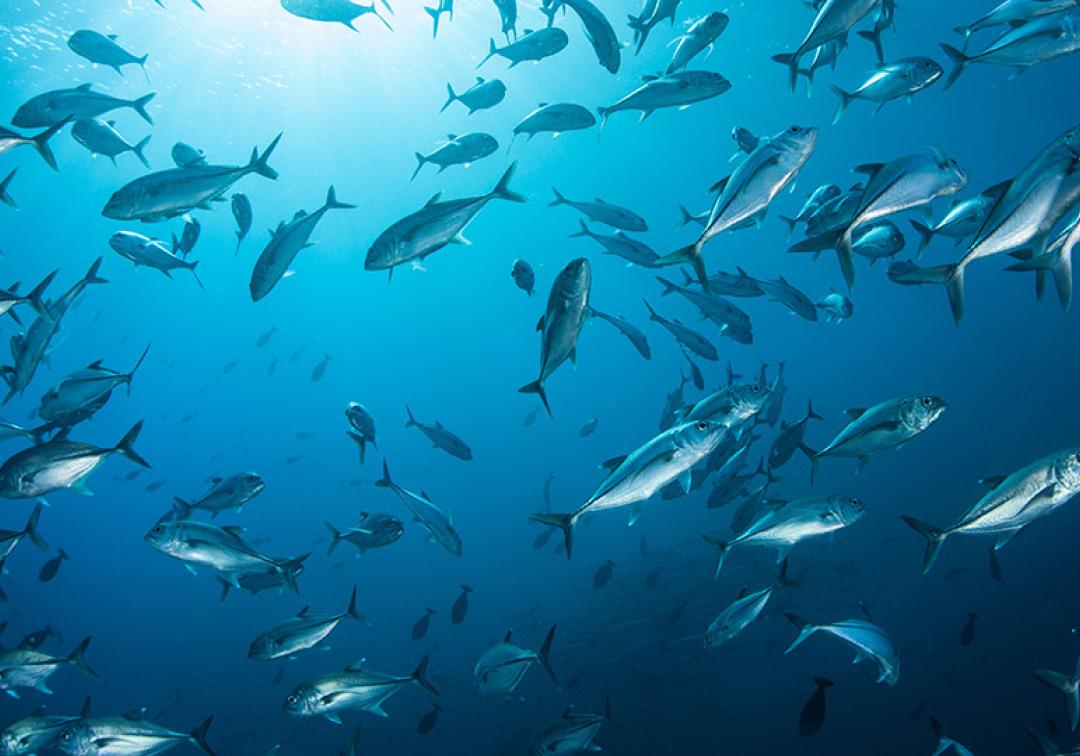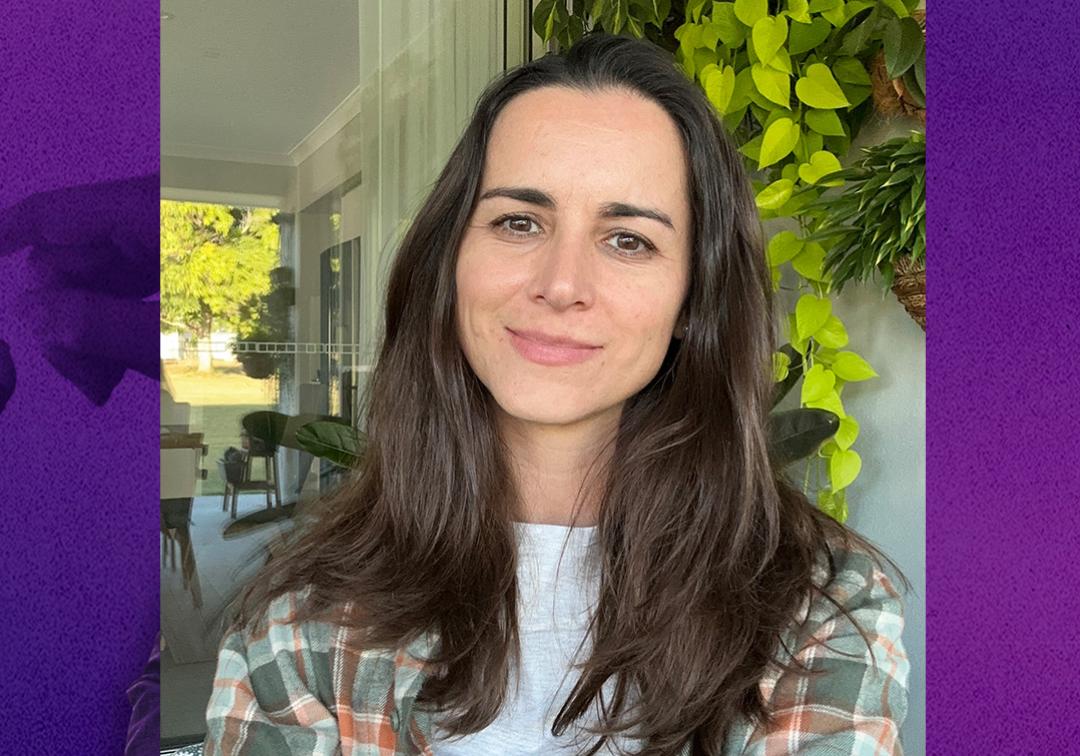
Coastal and hydraulic engineers design and protect our urban waterways, hydraulic structures, coastlines, and oceans.
Advanced monitoring and modelling technologies allow them to predict and mitigate the risks of coastal flooding, land loss and beach erosion.
These same tools allow them to work to restore large areas of coral reef and lead Australia’s efforts in finding promising locations for tidal and wave energy production.
Specialisations
To study this major, you'll have to choose an engineering specialisation first. The water and marine engineering major is available to study within the civil engineering specialisation.
Career possibilities
Our programs prepare you for your first job and beyond. Here are some of the careers you could be on your way to:
- Water resources engineer
- Marine engineer
- Civil engineer
Average annual salary range
Water Engineer
seek.com.au
Late-career salary
Marine Engineer
payscale.com
Events
See all events
7 April
International Baccalaureate Research Skills Program

30 June
Queensland Biology Winter School, Year 11
Stories
See all stories
UQ people
What’s it like to be a first-year med student?
3-minute read

Uni life
Camila’s experience as a summer research scholar
5-minute read
Stories
See all stories
UQ people
What’s it like to be a first-year med student?
3-minute read

Uni life
Camila’s experience as a summer research scholar
5-minute read
How you'll learn
Your learning experiences are designed to best suit the learning outcomes of the courses you choose.
- Lectures
- Tutorials
- Work placements
- Overseas study
- Laboratory work
- Fieldwork
- Workshops
What you'll study
At UQ, subjects are called 'courses'. Here's a sample of the courses you could study:
- Environmental Hydraulics and Flood Management
- Ocean, Coastal and Estuarine Engineering
- Wind Engineering
- Hydro and Marine Power Renewable Energy Systems
Keep up to date
Sign up to get information about applying and studying at UQ.





